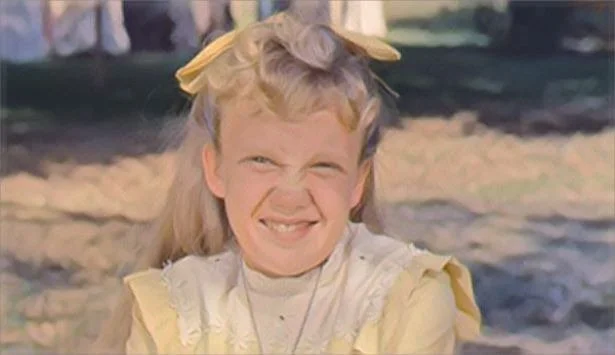Replacing the doom-loop with Pollyana!
How long has it felt as though things are getting worse instead of better?
If you’ve spent any time reading, watching, or listening to the news over the past decade, it would be hard not to feel that way. In fact, it often seems impossible to engage with today’s media and come away thinking anything other than that the world is in decline.
But it doesn’t have to be this way.
As Coleman Hughes shared in his recent viral interview on The View, one of the biggest shifts in how we see the world came with the arrival of smartphones. However you connect the dots, almost all the data on why things feel worse points back to them, more specifically, to the apps that feed us an endless loop of anger, dogma, and outrage.
Deleting certain apps and limiting media consumption can help, but the news will always find a way to reach us, even second-hand. Which means the most reliable solution isn’t in controlling the flow — it’s in shaping our response.
The energy we put into the world
In Healing Social Divisions, Barry Spivak (the man who taught me Transcendental Meditation) writes that society is defined by the energies we individually and collectively manifest. If we want a more positive future, it begins with the energy each of us brings into the world. This is why I believe we can all benefit from being a “Pollyanna.”
Pollyanna is a 1913 novel by Eleanor H. Porter that became a classic of children’s literature. Over time, “Pollyanna” became a byword for someone with an unfailingly optimistic outlook: a bias towards the positive. The character’s “glad game” wasn’t about ignoring reality, but about finding reasons to be grateful in the midst of hardship and loss.
The Pollyanna principle describes our tendency to remember pleasant events more accurately than unpleasant ones. Research suggests that, at an unconscious level, our minds lean toward the optimistic, yet consciously, we tend to focus on the negative.
Optimism is not naivety
Being “overly optimistic” is often dismissed as naive or unrealistic. But being a Pollyanna doesn’t mean ignoring hard truths. It means meeting life with an open mind, a hopeful spirit, and a generous heart, all while having the courage to confront wrongs and overcome challenges.
Many of history’s greatest leaders carried this quality: Marie Curie, Nelson Mandela, Maya Angelou, Look closely at their words and actions, and you’ll see the same principle at work — not blind positivity, but a deliberate choice to approach the world with light, even in the darkest times.
Thank you for reading, take care, and good luck with everything you’re focused on.
Benjamin
Thank you to our new subscribers. If you'd like to receive these short essays and other films, books, stories and free educational workshop content in your inbox, you can sign up here.
